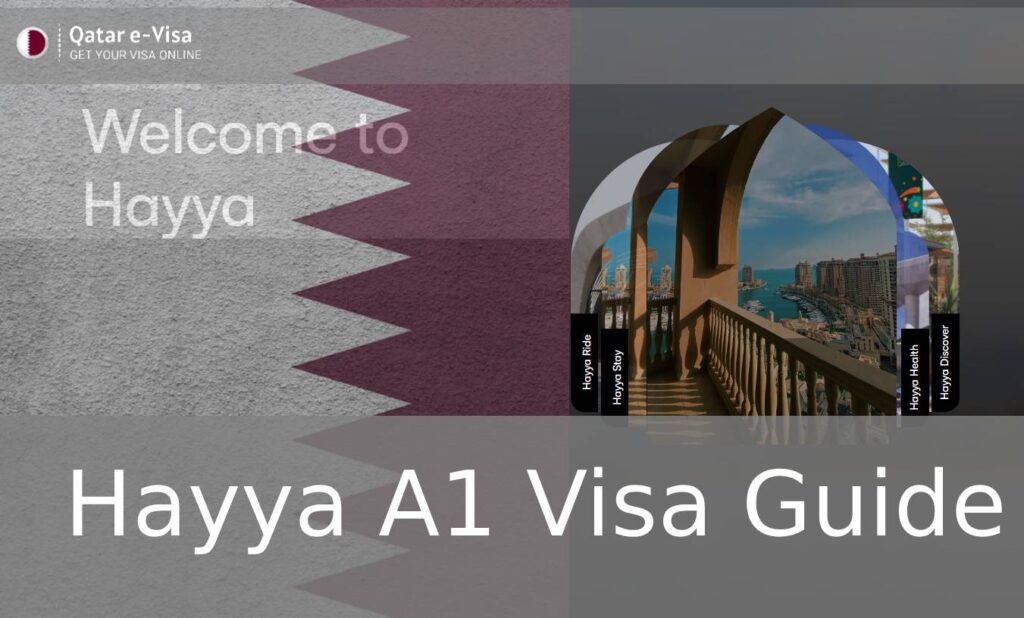Dreaming of exploring new countries? Picture this: you’ve booked your flights, packed your bags, and are ready for an adventure. Then, visa application worries creep in, especially about health rules. Don’t let confusion about medical needs ruin your trip EVISA HEALTH AND VACCINATION REQUIREMENTS.
E-Visa are getting more popular as they make travel planning simpler. However, understanding and meeting health and vaccination requirements is very important. It helps ensure your e-Visa is approved and you avoid travel problems .
Understanding e-Visa Health Requirements
Health requirements for e-Visas can vary. Different countries have different rules. Knowing these requirements is crucial for a smooth visa application.
Medical Examination Requirements
Do you need a medical exam for your e-Visa? Some countries ask for one to make sure you don’t have any health issues that could risk public health. For example, you might need a chest X-ray or blood test. The specific tests depend on the country’s rules. Some countries, to reduce health risks, require medical tests.
Health Declaration Forms
You’ll often need to fill out health declaration forms. These forms ask about your medical history, any current illnesses, and recent travel. Be honest and accurate. Misleading information can cause big problems with your e-Visa.
Pre-existing Conditions and Travel Insurance
Can pre-existing conditions affect your e-Visa? It’s possible. Some countries might want more information or proof that your condition is managed. Getting good travel insurance is always smart. It should cover medical emergencies and unexpected health issues during your trip.
Vaccination Requirements for e-Visa Approval
Vaccinations are a vital part of e-Visa requirements. Make sure you’re up-to-date to avoid issues HOW TO AVOID TURKEY EVISA REJECTION.
Mandatory Vaccinations: Yellow Fever, Polio, and COVID-19
Some vaccinations are often required. Yellow fever shots are a must if you’re traveling to certain parts of Africa and South America. Polio vaccinations might be needed if you’re coming from areas where polio is still a concern. COVID-19 vaccinations are also commonly required, so make sure yours are current. Always get a valid certificate as proof.
Recommended Vaccinations
Even if not required, some vaccinations are smart to get. Hepatitis A and typhoid vaccines are often recommended, depending on where you’re going. Talk to your doctor about what’s best for your trip. These shots will keep you in tip-top shape.
Obtaining and Validating Vaccination Certificates
Where do you get these vaccines and certificates? Your doctor or a travel clinic can help. Make sure you get an official vaccination certificate, like the Yellow Fever card. Check that it meets the e-Visa requirements. Keep these certificates safe as you travel.
Country-Specific Health and Vaccination Guidelines
Different countries, different rules. Here’s a look at some popular e-Visa destinations.
Australia: Specific Health Regulations
Australia has strict health rules. You might need a health screening, especially if you’re staying a long time. They’re very careful about diseases that could affect their population. Check the latest rules before you apply.
Canada: Visa Health and Vaccination Protocols
For a Canadian e-Visa, make sure your vaccinations are up-to-date. You may need to provide proof of vaccination. If you have a health condition, be ready to provide details. Canada wants to make sure you won’t need extensive medical care during your visit.
India: e-Visa Health Clearance
India requires you to declare your health status. You might need to show proof of yellow fever vaccination if you’re coming from certain countries. Be aware of any travel advisories related to health in India.
Common Mistakes and How to Avoid Them
Mistakes happen, but they can delay or deny your e-Visa. Avoid these common errors.
Incorrect or Incomplete Health Declarations
Filling out health declarations thoroughly is key. Don’t leave anything out. Double-check your answers before submitting. Even a small mistake can cause problems. Be honest and accurate with your information.
Expired or Invalid Vaccination Certificates
Vaccination certificates expire. Make sure yours are still valid when you travel. If a certificate is expired, get a new shot and certificate. An invalid certificate is as bad as not having one at all.
Failure to Disclose Pre-existing Conditions
Hiding a pre-existing condition is a bad idea. Be open about your health. Provide any information the visa application asks for. It’s better to be upfront than to risk your e-Visa being denied.
Resources for Accurate and Up-to-Date Information
Stay informed by using reliable sources. Here’s where to find the latest info.
Official Government Websites
Check the official government websites of the country you’re visiting. Look for their Ministries of Health or Immigration Departments. These sites have the most accurate and current e-Visa health requirements.
World Health Organization (WHO) and CDC Resources
The World Health Organization (WHO) and the CDC are great resources. They offer international health advisories and vaccination advice. Use their websites to stay updated on global health issues.
Travel Clinics and Healthcare Professionals
Talk to a travel clinic or your doctor before applying for your e-Visa. They can give you personalized health advice. They can also tell you which vaccinations you need.
Conclusion
Meeting health and vaccination requirements is vital for a successful e-Visa application. Always check official sources and talk to healthcare experts. By doing so, you can enjoy a smooth and healthy trip. Get ready to explore the world!





